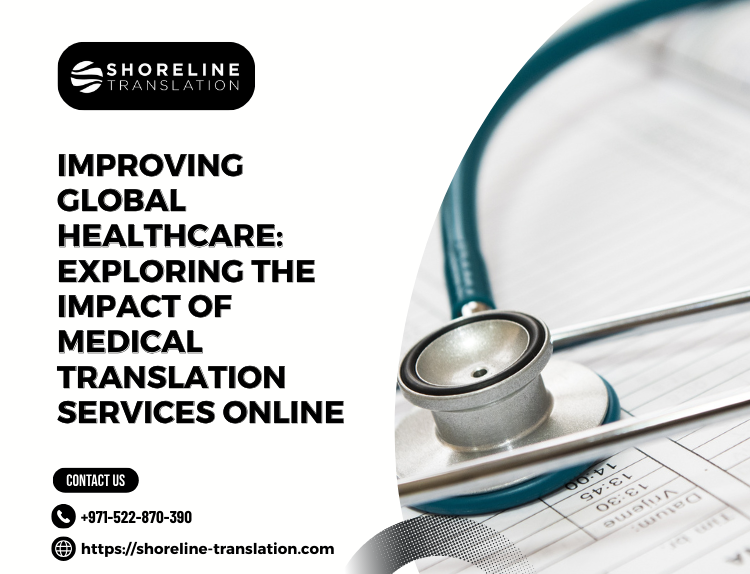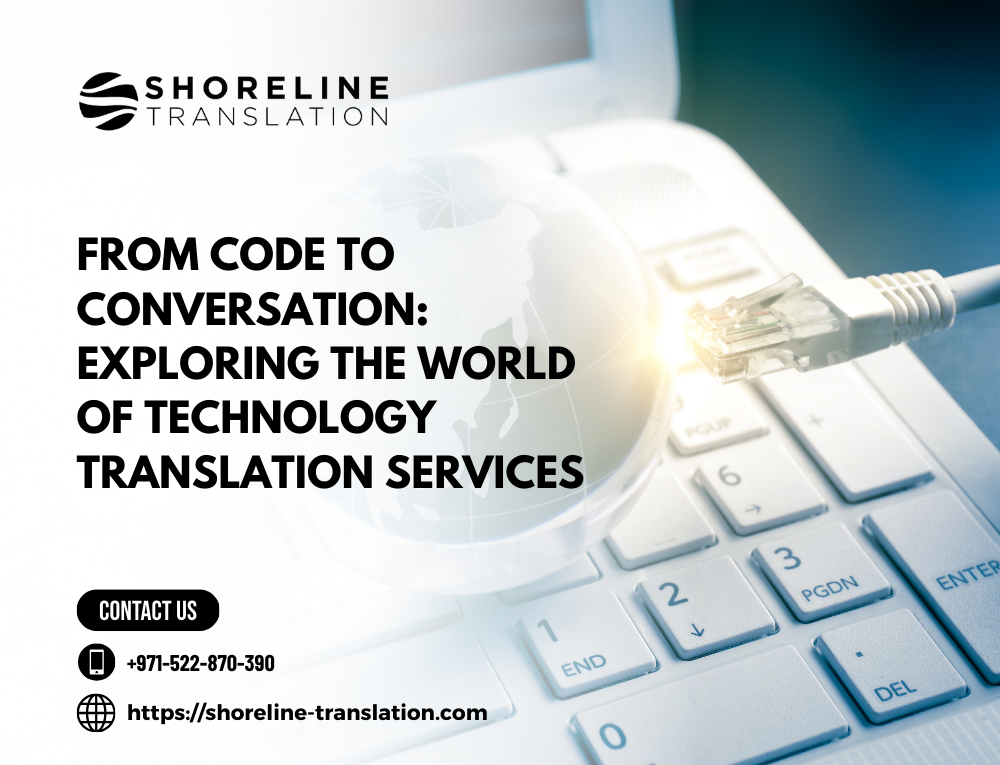Table of Contents
ToggleImproving Global Healthcare: Exploring the Impact of Medical Translation Services Online
Welcome to the fascinating world of global healthcare! In this interconnected era, where borders are blurred and collaboration knows no bounds, the need for effective communication in healthcare has become more crucial than ever. At the heart of seamless communication lies a powerful tool – Medical Translation Services Online.
Imagine a scenario where a patient from China is seeking treatment in Germany, but language barriers hinder accurate diagnosis and understanding. Or picture pharmaceutical companies trying to introduce life-saving drugs in new markets without precise translations of their product information. These are just glimpses into the complex web that medical translation services strive to unravel.
In this blog post, we will delve into the profound impact of medical translation services online on improving global healthcare outcomes. We’ll explore best practices for these services, how they benefit both pharmaceutical companies and healthcare providers, and discuss strategies for ensuring accuracy and compliance in medical translations. Additionally, we’ll uncover how technology plays a transformative role in revolutionizing these essential linguistic solutions.
So strap yourself in as we embark on an enlightening journey through the realm of medical translation services online – where language barriers dissolve and compassionate care becomes accessible to all!

The Importance of Medical Translation Services in Global Healthcare
When it comes to global healthcare, communication is key. And in an increasingly interconnected world, the need for accurate and reliable medical translation services has never been more important. Medical translation services play a vital role in bridging language barriers and ensuring that patients from different cultures can access quality healthcare.
Medical translation services enable healthcare providers to effectively communicate with patients who may not speak the same language. This is crucial for providing accurate diagnoses, explaining treatment options, and obtaining informed consent. By breaking down language barriers, medical translation services empower both patients and doctors to make well-informed decisions about their healthcare.
These services are essential for pharmaceutical companies operating on a global scale. To navigate international markets successfully, pharmaceutical companies must ensure that all product information including labels, packaging inserts, and instructions are accurately translated into multiple languages. Failure to do so could lead to miscommunication or even harm the end users.
Medical translation is critical when it comes to clinical trials conducted across borders. Precise translations of study protocols and patient recruitment materials ensure that participants fully understand the purpose of the trial as well as the potential risks involved.
Last but certainly not least importantly: accuracy in medical translations is paramount due to regulatory compliance requirements set by organizations such as the FDA (Food & Drug Administration) or EMA (European Medicines Agency). Any inconsistencies or errors could result in severe consequences including legal actions or delayed market approvals.
In conclusion, The importance of medical translation services cannot be overstated in global healthcare settings where effective communication between patients and providers is crucial – whether it’s through accurately translating patient records during consultations or ensuring regulatory compliance within the pharmaceutical industry across international boundaries – relying on professional online medical translators enables better outcomes for everyone involved!
Best Practices in Medical Translation Services
When it comes to medical translation services, accuracy and precision are paramount. But what are the best practices in this specialized field? Let’s explore a few key guidelines that ensure top-notch medical translations.
First and foremost, selecting qualified translators with expertise in both medicine and language is essential. These professionals possess the necessary knowledge of medical terminology and understand the complexities of healthcare documentation.
Maintaining clear communication between translators and clients is crucial. This includes providing comprehensive source materials, style guides, glossaries, and any additional context needed for accurate translations. Regular feedback loops also help to refine translations over time.
Additionally, utilizing technology tools such as translation memory systems can significantly enhance efficiency and consistency in medical translations. These tools store previously translated segments for future reference, reducing redundancies while ensuring terminological coherence across documents.
Rigorous quality assurance processes should be implemented throughout the translation workflow. Proofreading by experienced linguists or subject matter experts helps catch any errors or inconsistencies before final delivery.
By adhering to these best practices in medical translation services online, healthcare organizations can effectively bridge language barriers while upholding accuracy and compliance standards. So next time you seek out a professional translator for your medical content needs – remember these tips! Trust me; they’ll make all the difference.
Medical Translation Services for Pharmaceutical Companies
Pharmaceutical companies play a vital role in advancing global healthcare. They develop life-saving medications, conduct extensive research, and ensure the safety and efficacy of their products. However, when it comes to reaching a global audience, language barriers can be a significant challenge.
That’s where medical translation services come in. These specialized services bridge the gap between pharmaceutical companies and their international markets by providing accurate translations of crucial documents such as clinical trial protocols, drug labels, packaging inserts, patient information leaflets, and regulatory submissions.
The importance of precise translation cannot be underestimated in this industry. Inaccurate or misleading translations could lead to serious consequences like misdiagnosis or improper use of medication. Therefore, pharmaceutical companies need reliable medical translation services that have expertise in both medicine and linguistics.
When selecting a medical translation service provider for pharmaceutical companies, it is essential to consider factors such as experience working with regulatory bodies like the FDA or EMA (European Medicines Agency), adherence to strict quality control measures like ISO 17100 certification, confidentiality policies for protecting sensitive information during the translation process.
By partnering with professional medical translators who specialize in pharmaceutical terminology and possess an understanding of regulatory requirements specific to each target market country; these companies can confidently expand their reach globally while ensuring compliance with local regulations regarding product labeling and documentation.
Remember: Accurate communication saves lives! So next time you see prescription drug literature translated into different languages – thank these unsung heroes behind the scenes for making sure we all get access to life-saving medications regardless of our native tongues!
Medical Translation Services for Healthcare Providers
Healthcare providers play a crucial role in delivering quality care to patients around the world. However, language barriers can often hinder effective communication between healthcare professionals and their patients. This is where medical translation services come into play.
Medical translation services for healthcare providers ensure that vital information, such as medical records, prescriptions, and patient instructions, are accurately translated from one language to another. By utilizing professional translators who specialize in medical terminology and have an understanding of cultural nuances, healthcare providers can bridge the gap and deliver comprehensive care to patients from diverse backgrounds.
These services also extend beyond written documents. Medical interpreters are available to facilitate real-time communication during appointments or emergencies when immediate translation is required. They serve as invaluable resources for both doctors and patients by ensuring clear understanding and minimizing misunderstandings that could potentially compromise patient safety.
Moreover, medical translation services assist healthcare providers in staying compliant with regulations regarding accessibility for non-English speakers. In many countries, it is a legal requirement for healthcare facilities to provide interpretation services so that all individuals have equal access to healthcare regardless of their native language.
By partnering with experienced medical translation service providers online, healthcare providers can enhance their ability to communicate effectively with diverse populations while maintaining accuracy and compliance in critical situations. These services not only improve patient outcomes but also contribute to creating more inclusive and accessible healthcare systems worldwide.
Ensuring Accuracy and Compliance in Medical Translations
When it comes to medical translations, accuracy and compliance are crucial. After all, lives may be at stake! That’s why it’s vital to ensure that every translated document is accurate, up-to-date, and meets the required industry standards.
One of the best ways to ensure accuracy in medical translations is by working with experienced translators who specialize in the healthcare field. These professionals have a deep understanding of medical terminology and can effectively convey complex information without losing its meaning or context.
Additionally, using translation tools and software specifically designed for medical documents can help streamline the process while maintaining accuracy. These tools not only assist with translating text but also provide quality checks to catch any errors or inconsistencies.
To ensure compliance in medical translations, it’s essential to stay updated on the latest regulations and guidelines specific to each country or region. This includes adhering to local language requirements, formatting guidelines, and legal frameworks about healthcare documentation.
Thorough proofreading and editing play a critical role in ensuring accuracy and compliance. Having a second set of eyes review the translated document can help identify any potential errors or areas that need improvement before finalizing the translation.
By prioritizing accuracy through specialized translators, utilizing appropriate technology solutions, staying compliant with regulations, and investing time into thorough proofreading processes – global healthcare providers can confidently communicate important medical information across borders while maintaining high standards for patient care.
The Role of Technology in Medical Translation Services
The rapid advancement of technology has revolutionized various industries, and the field of medical translation services is no exception. Technology plays a crucial role in improving the accuracy, efficiency, and accessibility of medical translations.
One significant way technology aids in medical translation is through machine translation tools. These powerful software programs can quickly translate large volumes of text, saving time and effort for translators. While machine translations may not be as precise as human translations, they serve as a valuable starting point that professional translators can then refine and polish.
Another aspect where technology shines is in terminology management. Medical terminology is complex and constantly evolving, making it challenging for translators to stay updated with the latest terms. However, with the help of specialized software applications known as computer-assisted translation (CAT) tools, translators can access comprehensive databases that provide accurate and consistent medical terminology.
In addition to machine translation tools and CAT software, technology also facilitates seamless collaboration between translators located in different parts of the world. Cloud-based platforms allow real-time communication among linguists working on a project simultaneously. This eliminates delays caused by geographical barriers or time zone differences.
Technology continues to play an integral role in enhancing medical translation services by increasing efficiency, aiding terminological accuracy, and enabling global collaboration among professionals. As advancements continue to emerge in this ever-evolving digital landscape, we can expect even more innovative solutions to further improve global healthcare through accurate language communication.
Shoreline Offers Medical Translation Services Online
Shoreline is revolutionizing the world of medical translation services with its convenient online platform. No longer do healthcare providers and pharmaceutical companies need to worry about finding a local translator or dealing with language barriers when expanding their reach globally. With Shoreline’s user-friendly interface, getting accurate and reliable translations has never been easier.
Gone are the days of waiting weeks for translated documents to arrive by mail. Shoreline’s online platform allows users to upload their files instantly and receive high-quality translations in record time. Whether it’s medical records, patient information sheets, clinical trial protocols, or drug labeling, Shoreline has a team of experienced translators who specialize in the healthcare industry.
Not only does Shoreline offer fast turnaround times, but it also ensures accuracy and compliance with regulatory standards. Their team of translators undergoes rigorous training and follows strict quality control processes to guarantee precise translations that meet international guidelines.
With technology playing an increasingly important role in our lives, it’s no surprise that Shoreline incorporates cutting-edge tools into its translation process. From machine learning algorithms that improve efficiency to secure cloud-based storage for confidential documents, Shoreline embraces technological advancements to enhance the overall user experience.
In today’s globalized world where access to healthcare is crucial regardless of language barriers, Shoreline is leading the way in bridging gaps through its comprehensive online medical translation services. With their commitment to accuracy, convenience, and advanced technology integration, healthcare providers and pharmaceutical companies can confidently expand their reach beyond borders knowing that they have reliable translation support at their fingertips.
FAQs
1. What is medical translation?
Medical translation involves converting healthcare-related documents, such as patient records, clinical trial reports, and pharmaceutical labels, from one language to another. It ensures accurate and effective communication between healthcare professionals and patients worldwide.
2. Why do healthcare providers need medical translation services?
In an increasingly globalized world, healthcare providers often encounter patients who speak different languages. Medical translation services bridge the language gap by enabling clear communication between doctors and patients, ensuring accurate diagnoses and treatment plans.
3. How can pharmaceutical companies benefit from medical translations?
Pharmaceutical companies rely on precise product information to meet regulatory requirements in various countries. Accurate translations of drug labels, packaging inserts, and clinical trial documentation help them expand their reach globally while complying with local regulations.
4. How can I ensure accuracy in medical translations?
To ensure accuracy in medical translations, it’s crucial to work with professional translators specialized in the field of medicine. Additionally, utilizing technology like Translation Memory tools helps maintain consistency across translated documents.
Conclusion
As we have explored in this article, medical translation services online play a vital role in improving global healthcare. By breaking down language barriers and ensuring accurate communication between healthcare providers, patients, and pharmaceutical companies across different countries and cultures, these services contribute to better patient outcomes and overall healthcare quality.
To ensure the effectiveness of medical translation services, it is crucial to follow best practices such as working with qualified translators who specialize in the medical field, utilizing technology tools for efficiency and accuracy, and maintaining strict adherence to regulatory standards. This helps to guarantee that translated documents are not only linguistically accurate but also contextually appropriate within the target culture’s medical landscape.
For pharmaceutical companies looking to expand their reach into new markets or conduct clinical trials internationally, partnering with a reputable medical translation service provider can be invaluable. These professionals possess the expertise necessary to translate regulatory documentation, drug labels, clinical trial protocols, and patient consent forms – all critical components of successful operations on a global scale.
Similarly, healthcare providers benefit from using medical translation services when treating patients from diverse linguistic backgrounds. From translating patient intake forms to providing multilingual telehealth consultations or interpreting during in-person appointments – these services enable effective communication between doctors and patients regardless of language barriers.
At Shoreline Medical Translation Services Online offers comprehensive solutions tailored specifically to the needs of global healthcare organizations. With our team of experienced translators specializing in various branches of medicine coupled with cutting-edge technology solutions like AI-assisted translation software – we deliver high-quality results quickly and efficiently.
Medical translation services online bridge gaps created by language differences within global healthcare systems. They facilitate effective communication between pharmaceutical companies conducting international business ventures or clinical trials and healthcare providers treating patients from diverse linguistic backgrounds. By adhering to best practices





